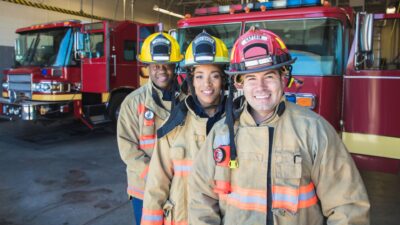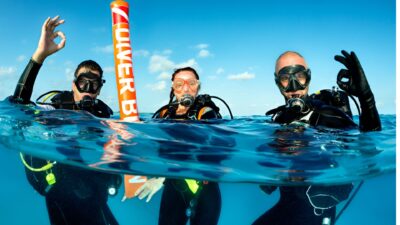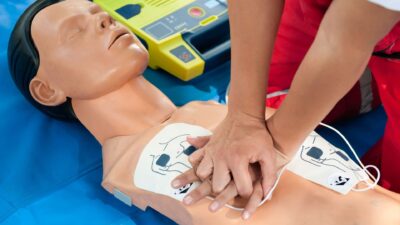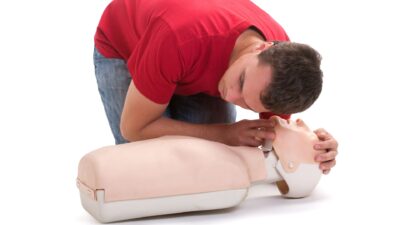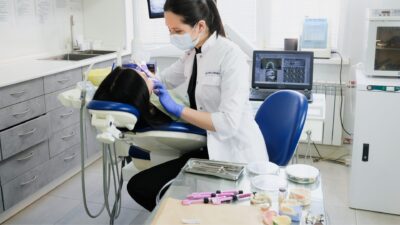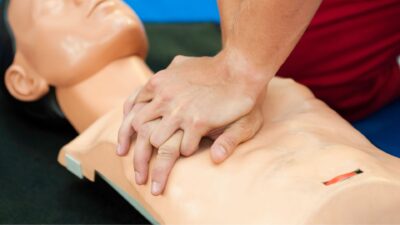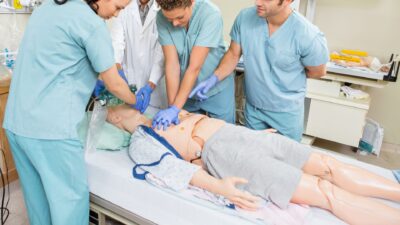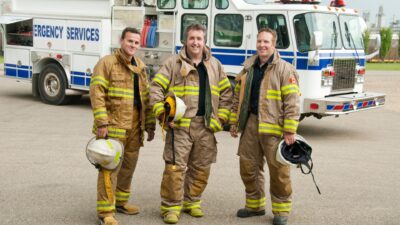
Essential CPR Training for Firefighters
Essential CPR Training for Firefighters CPR Certification is essential for firefighters because it equips them to respond quickly and effectively to cardiac emergencies. The Critical Role of CPR in Firefighting Emergencies Firefighters are frequently the first professionals to arrive at an emergency scene, often before EMTs or paramedics. In these high-pressure moments, CPR can mean…
Read More

